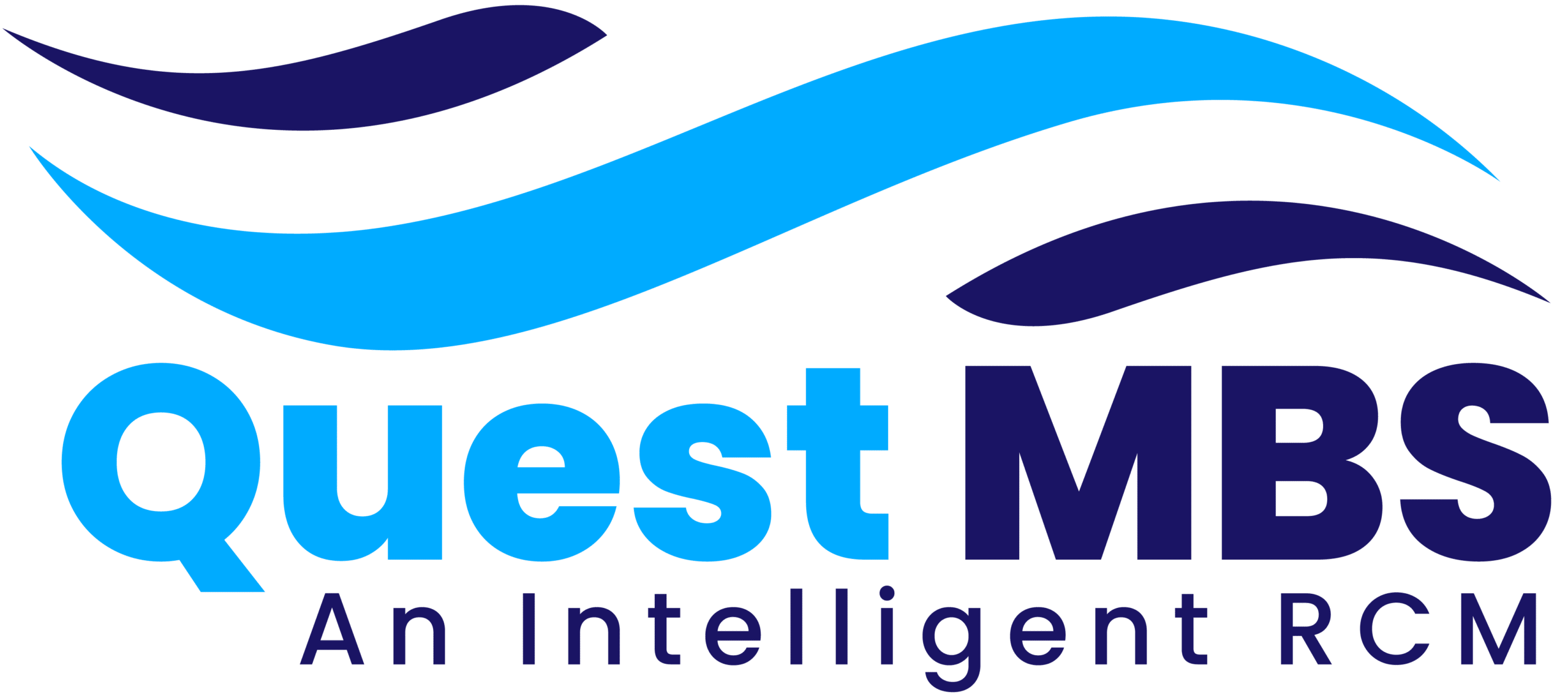Introduction: Importance of Efficient Medicare Billing
Medicare billing is a crucial component of the healthcare revenue cycle. With evolving regulations, stringent compliance requirements, and increasing claims volume, managing Medicare reimbursements can be complex and time-consuming. Leveraging modern billing tools can help providers ensure accuracy, reduce denials, and improve revenue collection. The right software and platforms automate critical processes, simplify compliance, and integrate seamlessly with electronic health records (EHR) to streamline the entire billing workflow.
1. Comprehensive Medicare RCM Platforms
End-to-end revenue cycle management (RCM) platforms that are tailored for Medicare billing are essential. These tools handle everything from patient intake and eligibility verification to claims submission and payment reconciliation. The integration of automated claim scrubbing, documentation compliance, and Medicare-specific payer rules makes these platforms highly effective. A good RCM tool ensures clean claim submissions, minimizes errors, and provides real-time tracking of billing performance. These systems are built to meet the needs of Medicare’s complex reimbursement structure.
2. Automated Eligibility Verification Systems
Verifying Medicare eligibility before services are rendered helps avoid claim rejections and denials. Automated verification tools allow front-office teams to instantly confirm a patient’s Medicare coverage, benefits, deductibles, and secondary insurance. These platforms connect directly with payer databases and offer real-time updates. This not only improves patient communication about out-of-pocket costs but also ensures that claims are submitted with accurate information, reducing the risk of rework and lost revenue.
3. Advanced Claim Scrubbing Software
Claim scrubbing is a critical step in reducing Medicare denials. Automated scrubbing tools review claims for common errors such as incorrect CPT/HCPCS codes, missing modifiers, and invalid patient information. These tools incorporate Medicare-specific guidelines and payer edits to flag issues before submission. High-performing scrubbing software integrates with EHRs and billing systems, allowing teams to fix issues immediately. Clean claims not only increase the speed of reimbursement but also reduce administrative workload.
4. Denial Management and Resolution Tools
When Medicare claims are denied, timely and efficient resolution is necessary. Denial management tools identify the reason for rejection, categorize denials, and prioritize them based on value and likelihood of recovery. These tools offer templates for appeals, track payer responses, and provide root cause analysis to prevent future denials. By automating the appeals process and offering intelligent denial insights, these platforms enhance revenue recovery and reduce aging AR.
5. Medicare-Specific Coding Tools
Accurate coding is essential for Medicare billing compliance and reimbursement. Tools designed for Medicare coding offer real-time code suggestions based on clinical documentation, flag outdated or deleted codes, and alert users about bundling rules and NCCI edits. These tools support ICD-10, CPT, and HCPCS Level II coding and help coders apply the correct modifiers and ensure documentation supports medical necessity. Coders and billers using these tools experience fewer errors and improved claim acceptance rates.
6. Predictive Billing Analytics
Data analytics platforms are transforming Medicare billing by providing predictive insights into claim trends, denial risks, and payment delays. These tools track billing KPIs like days in AR, clean claim rates, and denial percentages. They use historical data to forecast revenue and highlight problem areas in the billing workflow. Providers can use these insights to implement process improvements, allocate resources efficiently, and make informed financial decisions. Predictive analytics enables proactive rather than reactive revenue cycle management.
7. Integrated EHR Billing Modules
An integrated EHR with built-in Medicare billing capabilities simplifies data flow from clinical documentation to claims submission. These systems reduce errors caused by manual entry and ensure that the information captured during the patient visit is reflected accurately in the billing process. Features such as real-time coding prompts, charge capture tools, and payer-specific templates help providers stay compliant and reduce billing friction. Seamless integration ensures that billing teams are working with up-to-date and complete information at all times.
8. Real-Time Payment Posting and Reconciliation Tools
Efficient payment posting systems allow providers to track Medicare reimbursements as they are received. These tools automatically match payments to claims, flag underpayments, and alert staff about discrepancies. Real-time reconciliation ensures that any gaps in payment are identified and followed up promptly. This level of transparency supports accurate revenue tracking and reduces manual errors. Faster payment posting also helps providers maintain a steady cash flow and reduce days in accounts receivable.
9. Medicare Compliance Monitoring Systems
Staying compliant with Medicare rules and documentation standards is critical to avoiding audits and penalties. Compliance monitoring tools track regulation changes, update code sets, and provide alerts when billing practices deviate from accepted norms. These systems often include audit trails, reporting dashboards, and built-in checks for fraud and abuse risks. By proactively monitoring billing activities, providers can safeguard their practices from compliance violations and ensure long-term financial stability.







